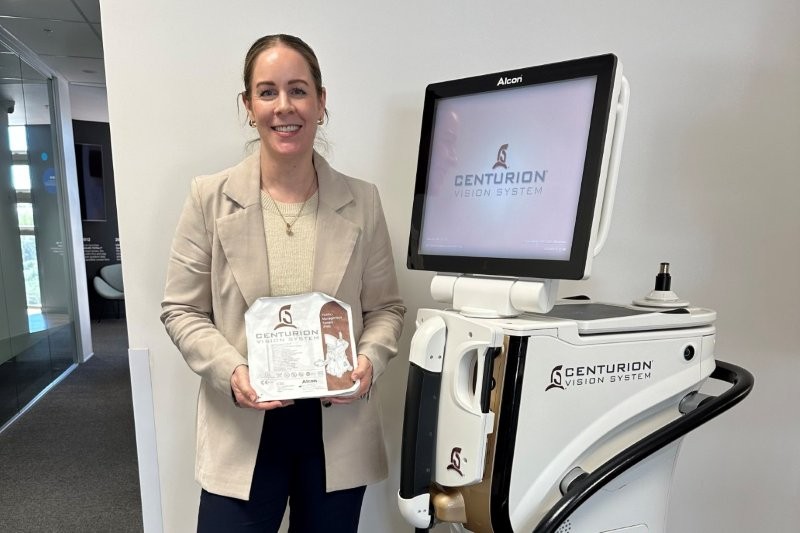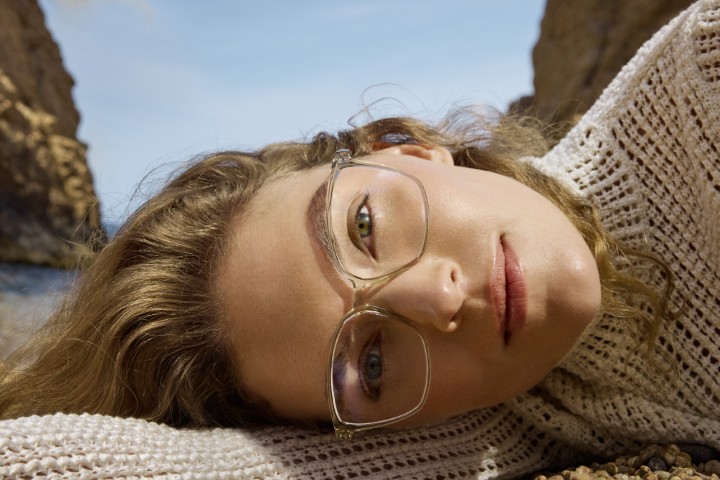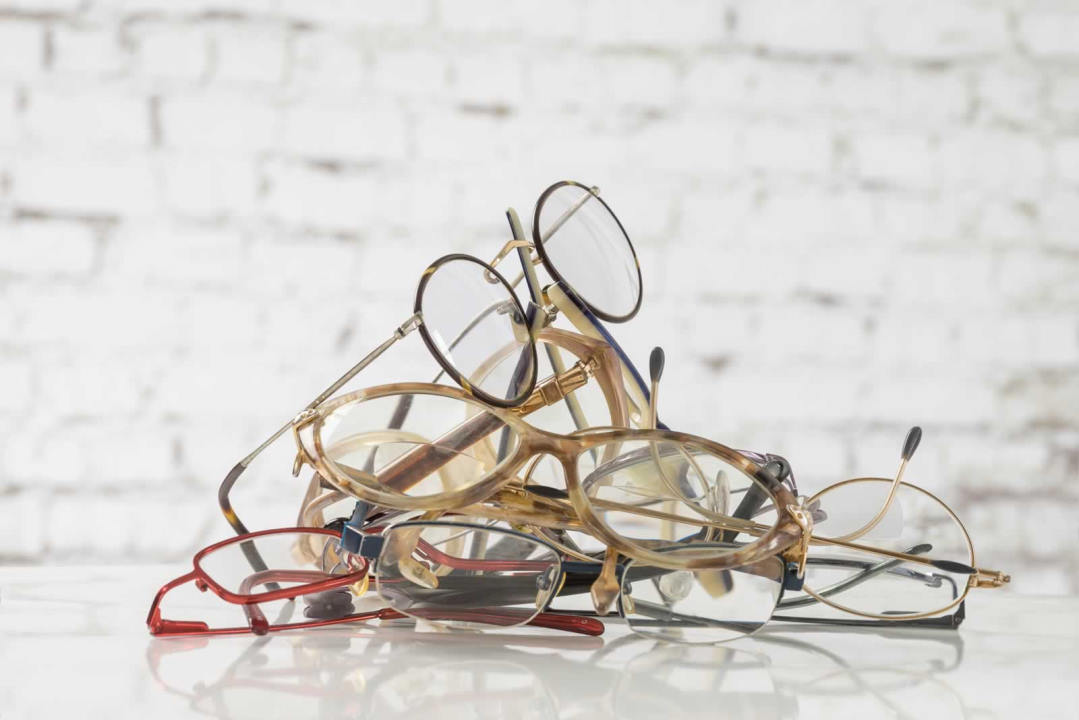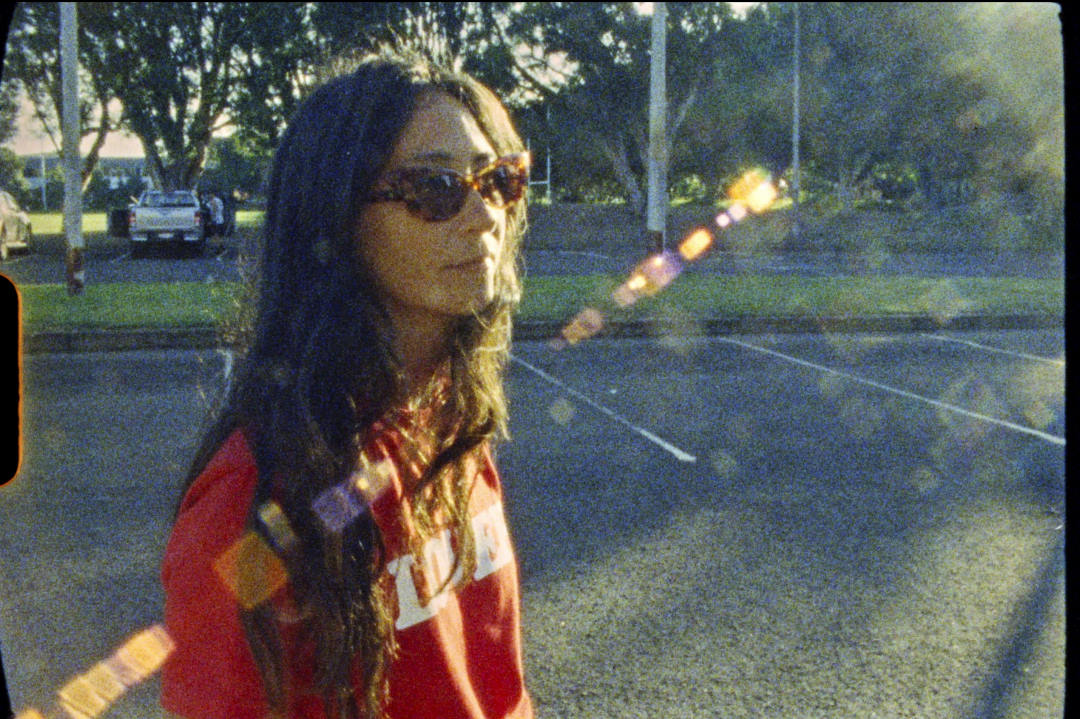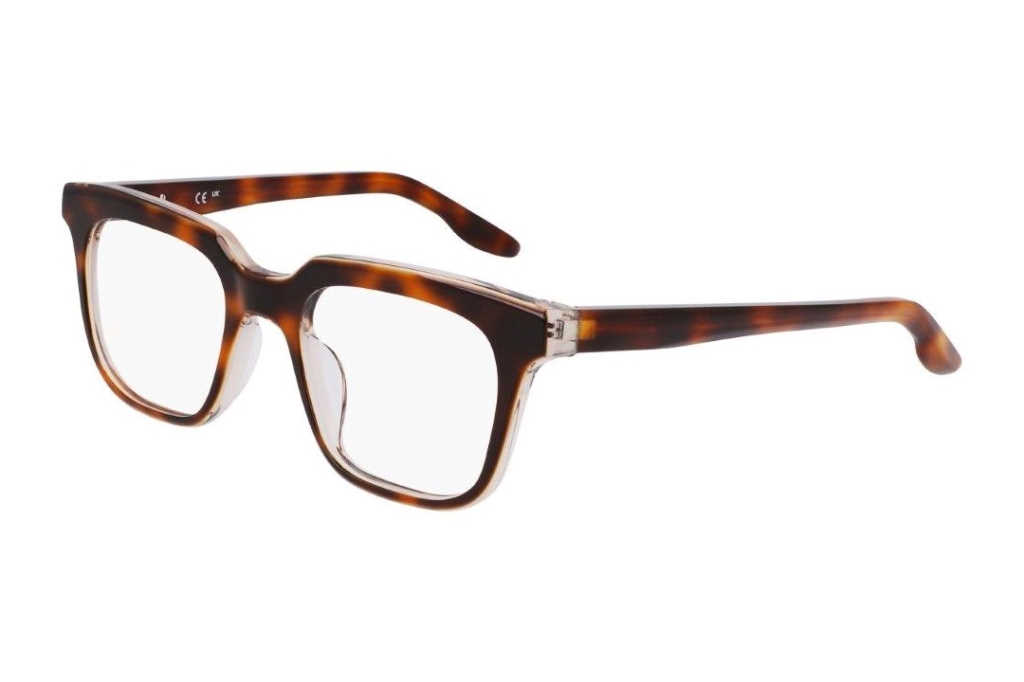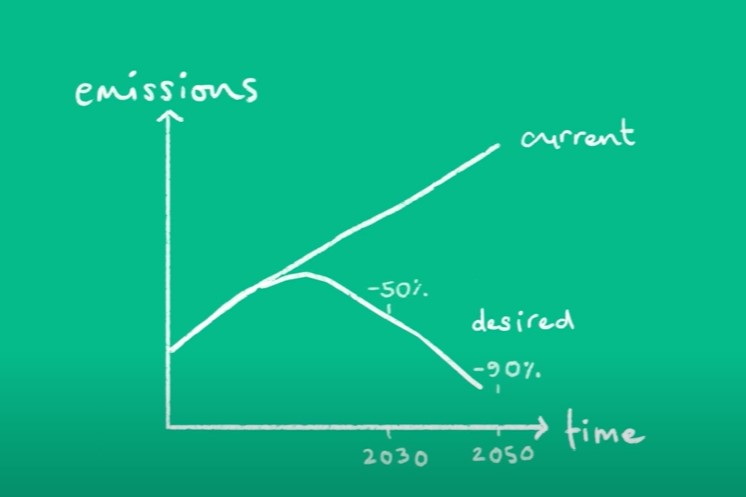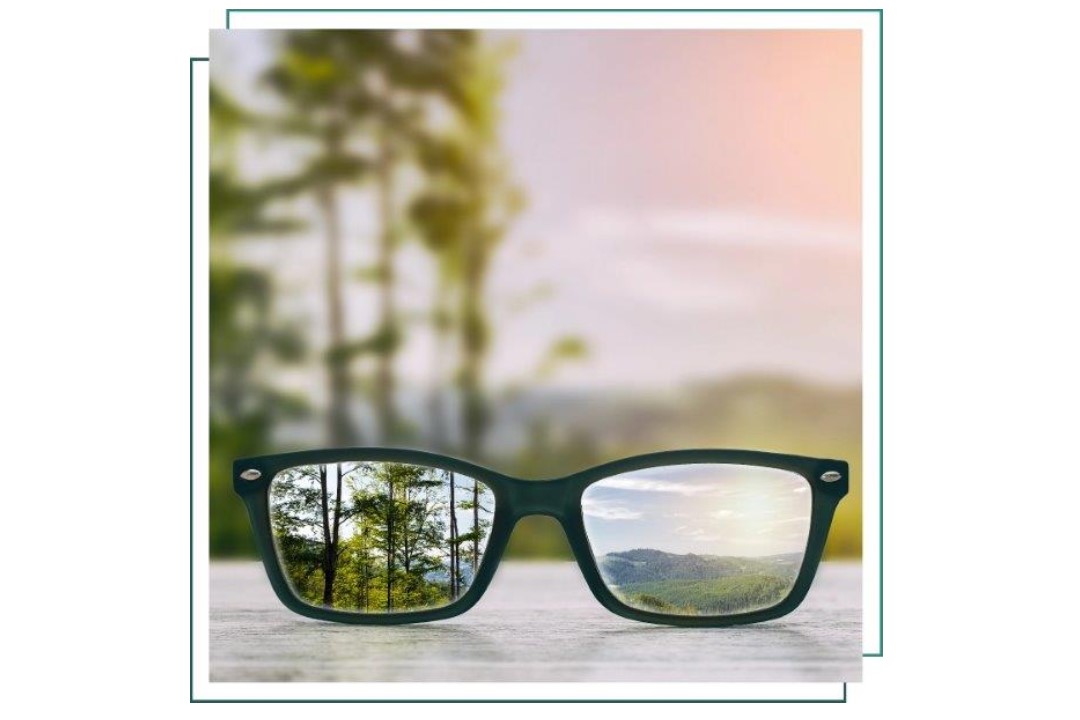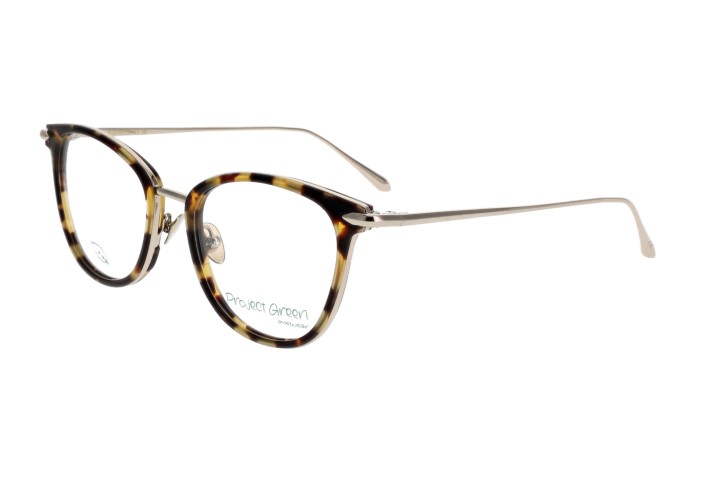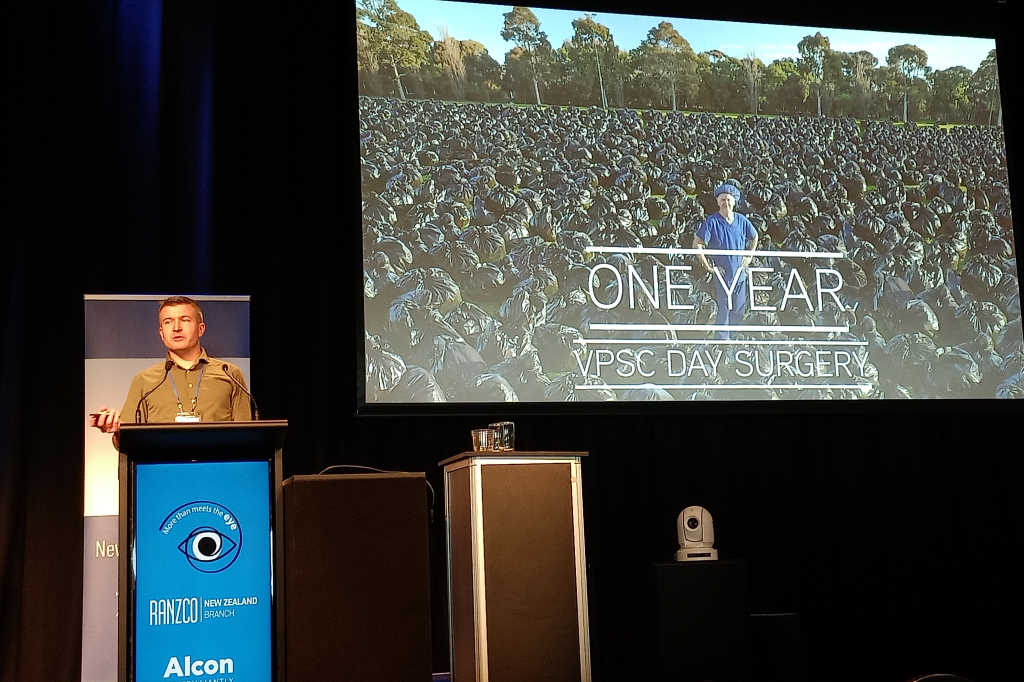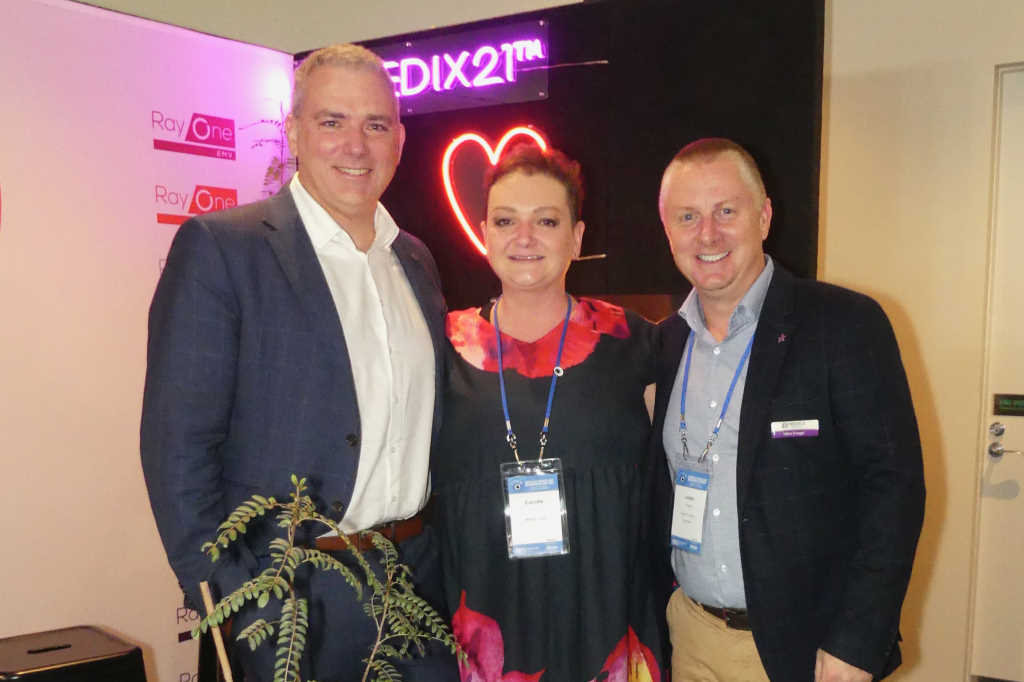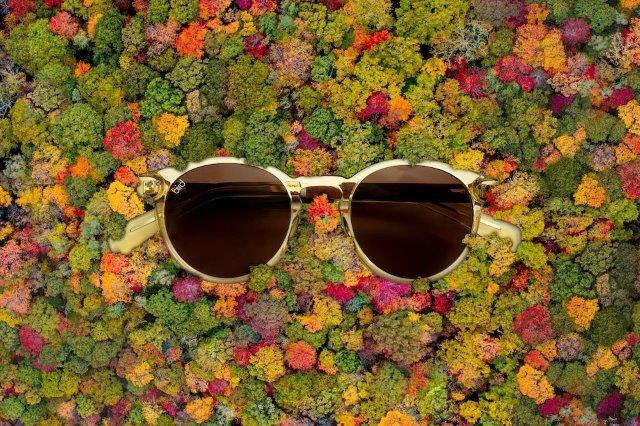The glasses always greener
The recent Association of British Dispensing Opticians (ABDO) SEE (social, ethical and environmental) summit gathered together a host of sustainability-driven individuals to share ideas about how eyecare practitioners, optical practices and the industry can work more sustainably.
Speaking first, Nick Bridge, the UK foreign secretary’s special representative for climate change, encouraged companies to sign up for the United Nations’ Race to Zero*, a global campaign designed to build support for decarbonised economies that unlock inclusive sustainable growth.
Next up, Sarah Smith, a research optometrist at Eurolens Research at the University of Manchester, whose work is focused on sustainable contact lenses (CLs), shared her analysis of the typical optical waste produced by one CL wearer over a year. She found that although daily disposables wearers generated more waste than monthly users, all the components of dailies, including the packaging, were recyclable (in Manchester at least). Smith’s commitment to the cause was evident in her choice of repurposed CL-tray earrings!

Sarah Smith in repurposed CL-tray earrings
3D, LED, QED!
James Conway, CEO of Millmead Optical Group and an Optical Suppliers Association (OSA) board member, discussed his journey to make his business more sustainable. This included switching to LED lighting across all his company’s practices, which paid for itself in electricity savings after just four years, he said. Conway also described how lens edging and surface waste is a huge landfill problem, but that 3D printing of lenses and frames is very environmentally friendly due to the lack of waste. However, his company is working towards a solution for waste from traditional lens production, he said. His top tip for any practice wanting to clean up its act was to follow Millmead’s example by nominating one person in the organisation to be its passionate sustainability champion, to ensure ideas are actually acted upon.
Chair of the OSA Sustainability Committee and co-founder and CEO of eyewear company Eyespace, Jayne Abel also discussed eco-friendly practices and manufacturing and packaging processes, noting that biodegradable lenses could be available as early as later this year.
Independent optometry practice owner Simon Berry, who also works as a specialist optometrist at Sunderland Eye Infirmary, shared an ethical supply questionnaire he’s developed to evaluate his suppliers. He also discussed his policy of grouping orders together, which he said requires customers’ understanding and patience but can significantly reduce a practice’s packaging and shipping impact. He’s currently working on a new algorithm and app with Durham University to evaluate the carbon footprint of any frames, which he said he hopes will allow optometrists and their customers to choose more ethical products. Berry added he’d like to see an end to demo lenses as they are pure waste and simply not needed in optometry today.
As a senior advisor to the UK government agency Natural England and a locum dispensing optician, Ruth Shelton brought a dual perspective to the summit. The difficulty of separating the metal and plastic components of frames is why so few companies recycle them, she said, however, one UK company does, Recycline. The recycled metal is sold on, while the plastic is made into pellets to make into other items such as traffic cones. Though locums may not hold much sway in the practices they work with, they can start a conversation about carbon footprints and sustainable practises, said Shelton, and then leverage their ability to cross-pollinate other practices with good ideas.
One for all, not two-for-one
One audience member’s question about whether ‘two-for-one’ deals should be a thing of the past when it comes to sustainability, however, had the panel struggling to reconcile the wastefulness of when clients don’t really need that second pair of frames with abandoning a sales tool that drives revenue, demonstrating neatly the conundrum business owners face.
ABDO has developed a ‘Thinking Green’ sustainability self-assessment tool - https://www.abdo.org.uk/sustainability-questionnaire/ - that can be used online by any practice, even non-ABDO members. With four levels from bronze to platinum, completing the assessment provides a badge of endorsement for a practice to display on its website and promotional materials.
* https://unfccc.int/climate-action/race-to-zero-campaign











